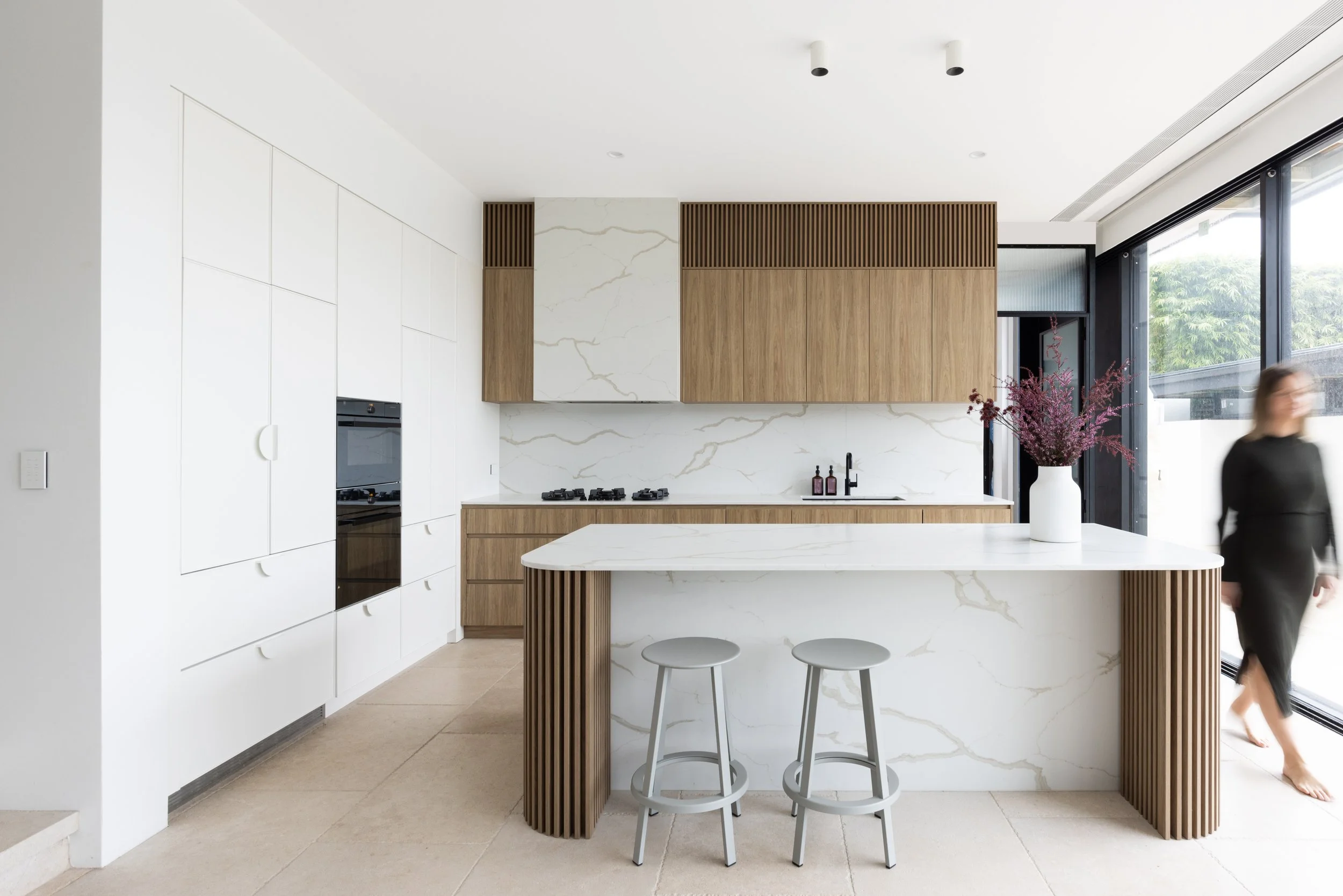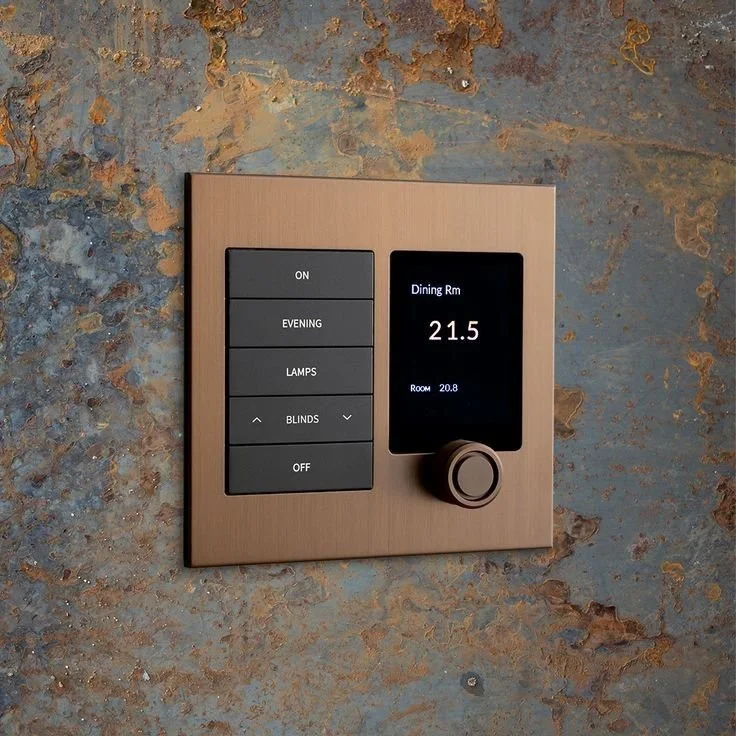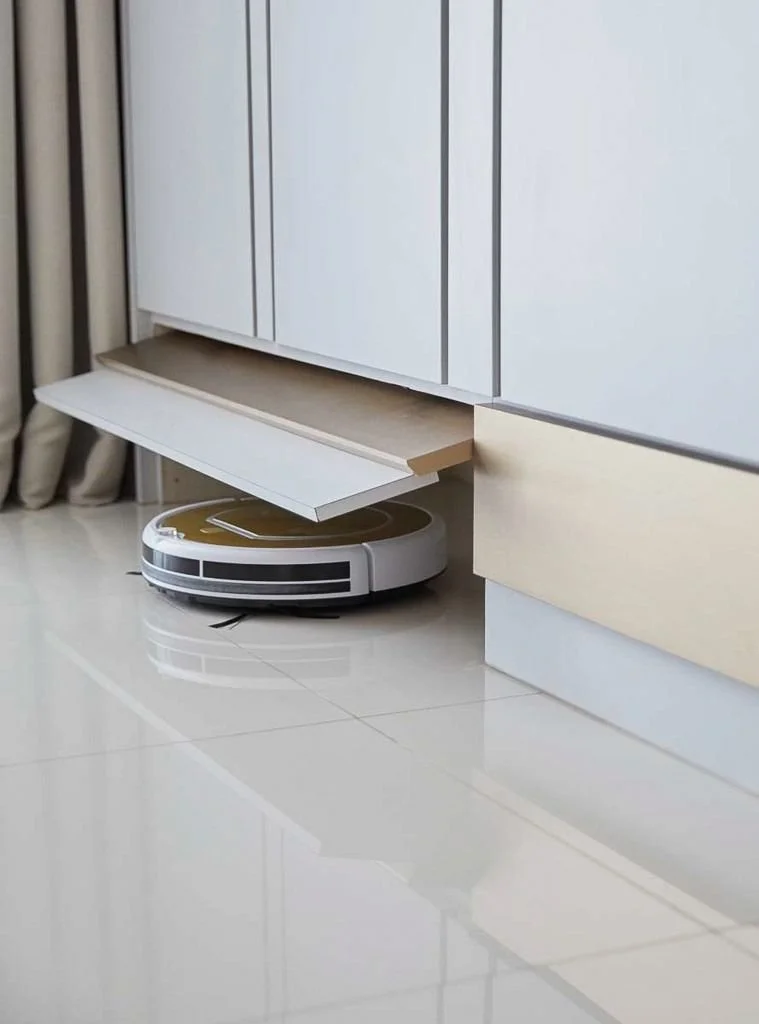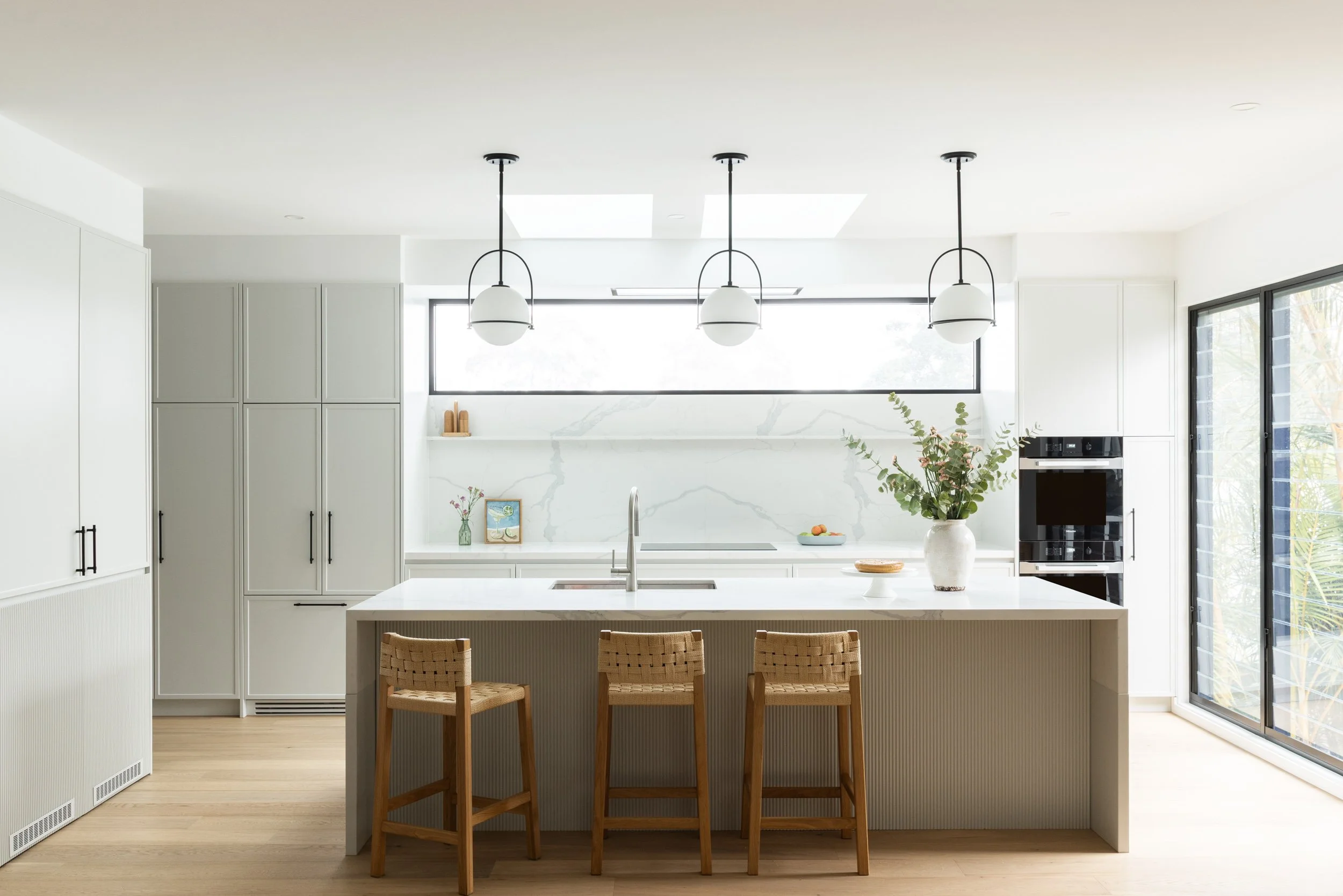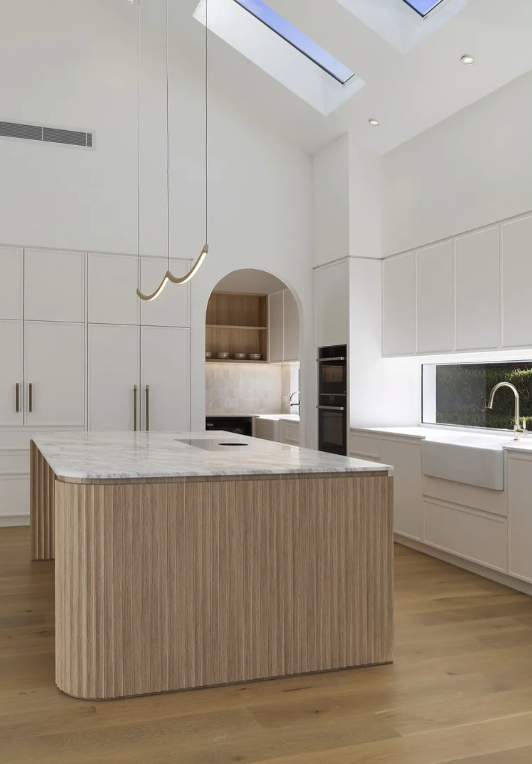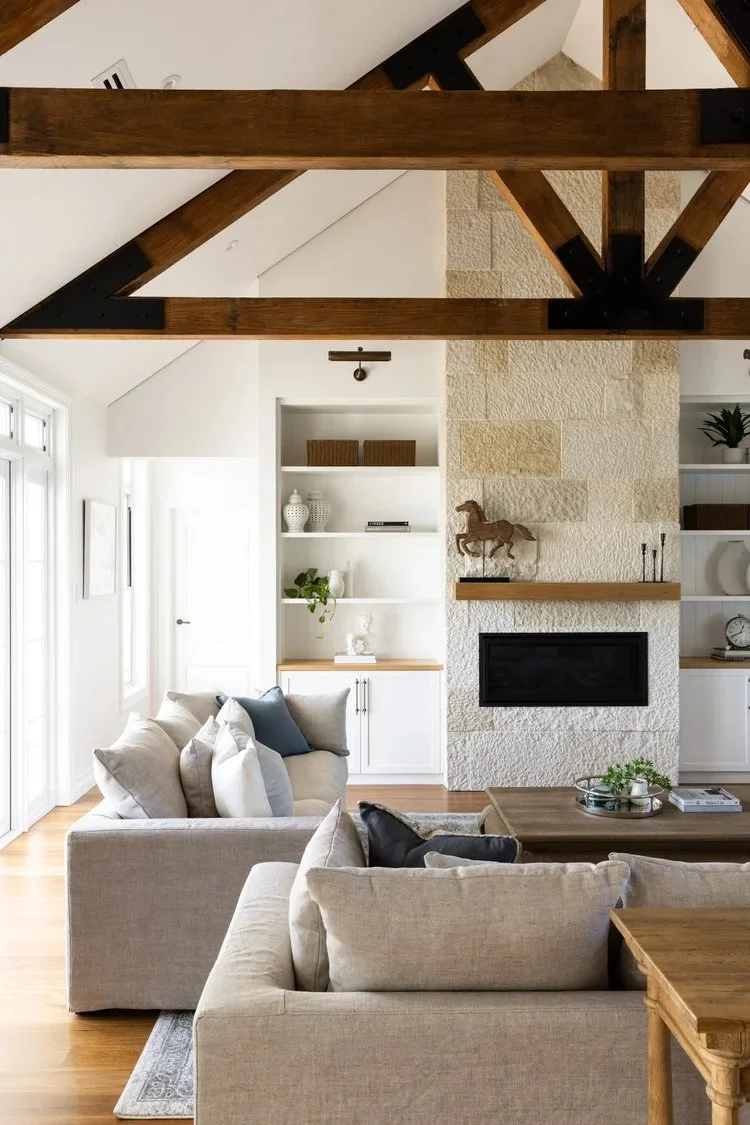Homes That Think With Us : The Human Side of AI in Residential Living
Artificial intelligence is quietly making its way into our homes, but for many people, the idea of AI in residential living still feels abstract. What does it actually mean for day-to-day life? Will it feel like convenience or intrusion? At Heliconia, we see AI as more than technology. It’s a tool that, when thoughtfully integrated, can make homes feel intuitive, sustainable, and deeply human. The question is not whether AI will enter our homes, but how it can enhance warmth, individuality, and the emotional connections that make a house a home.
The first consideration for homeowners is trust.
AI works by learning from our patterns, what rooms we use, the temperatures we prefer, and even our routines. Understanding how this information is collected and used will become as essential as choosing finishes, furniture, or layouts. Alongside trust is the need to preserve design integrity. Algorithms might optimise for efficiency, but they cannot replicate personality. Homes should tell the story of the people who live in them, not the suggestions of a machine.
Emotional connection is at the heart of any home. Technology can adjust lighting, temperature, or music to suit a moment, but the true feeling of comfort comes from texture, materiality, and the subtle rituals that make spaces alive. AI should support these moments quietly, never replacing the human experience that gives a home its soul.
How AI Could Shape Everyday Living
AI has the potential to influence almost every corner of residential life, making daily routines smoother and more personalised:
Predictive Energy Management: Homes will learn your patterns, adjusting heating, cooling, and lighting to conserve energy while maintaining comfort.
Personalised Comfort: Lighting, music, and climate can respond to your mood, time of day, or activity, helping your home feel more in tune with your lifestyle.
Home Security: Intelligent systems could detect unusual activity, monitor cameras, and integrate seamlessly with smart locks and alarms, keeping residents safer without constant input.
Window Treatments: Automated blinds and curtains will optimise natural light, privacy, and energy efficiency.
Appliances and Laundry: Washing machines, ovens, and dishwashers could anticipate use, schedule cycles during off-peak energy hours, and flag maintenance issues before they become problems.
Cleaning and Maintenance: Advanced robotic cleaners and monitoring systems can respond to messes, map spaces, and ensure preventive maintenance, reducing stress and surprises.
Garden and Outdoor Care: Smart irrigation systems will adjust based on soil, weather, and plant health, making sustainable landscaping effortless.
Lifestyle Enhancements: AI could manage grocery restocking, recommend plants or flowers for upcoming events, or even anticipate when it’s time for a home refresh or repair.
Personalised, Sustainable, and Accessible Living
For homeowners, AI is about creating personalised environments without sacrificing sustainability. Smart systems can optimise energy use, manage solar performance, and balance comfort with efficiency, resulting in lower bills and reduced environmental impact. Predictive maintenance ensures that leaks or appliance failures are flagged before they become costly or disruptive. And as technology becomes more affordable, features once considered bespoke responsive lighting, climate control, and automated maintenance will become accessible to more homes, democratizing what has historically been high-end luxury.
Keeping the Soul in Smart Homes
Even as technology evolves, humanity should remain at the centre of design. Using natural materials like timber, stone, and linen, keeping sightlines open, and allowing light to flow honestly will ensure that spaces feel grounded and calming. Technology should fade into the background, enhancing comfort and ease without cluttering the senses. Designers remain critical in defining how intelligence is expressed, curating experiences that support connection, serenity, and individuality. AI is a tool, not a replacement for design intuition.
A Human-Centred Future
We are moving from homes that are simply smart to homes that are intuitive, learning, and responsive. The future home won’t just react it will anticipate. At Heliconia, we see AI as a creative collaborator, helping us explore new layers of personalisation while preserving the textures, rituals, and emotional resonance that make a house a home. Technology can guide precision, but design protects the poetry.
AI is changing how we live, but it doesn’t have to change who we are. The homes of the future will not just think for us, they will think with us. They will blend intelligence and intuition, convenience and comfort, technology and soul. And that, perhaps, is the most human evolution of all.


